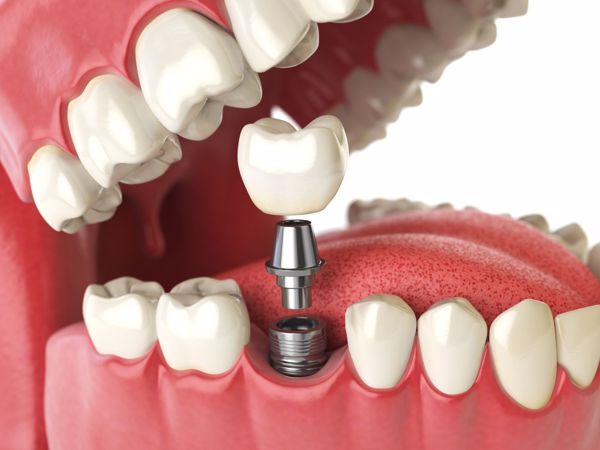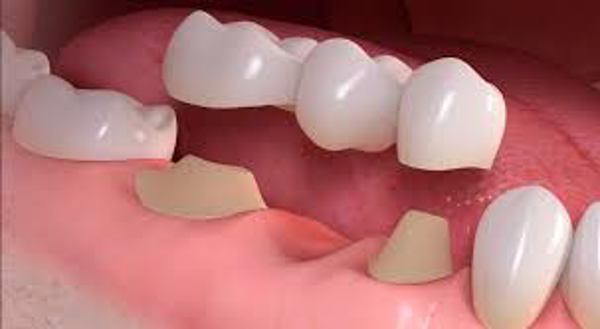
Root Canal Treatment in Berwyn, PA
Root canal treatment is required when the nerve of a tooth is affected with decay or infection. To save the tooth, the pulp, nerves, bacteria, and any decay are removed. In order to restore the tooth to its full function, the resulting space is filled with special material.
Having a root canal done is an efficient treatment solution for saving a tooth that otherwise would die and got to be removed. Several patients believe that removing a tooth that has problems is the best solution. However, what is not realized is that extracting a tooth will ultimately cost more and cause significant problems for adjacent teeth.
Signs and symptoms for possible root canal therapy:
- An abscess (or pimple) on the gums.
- Sensitivity to hot and cold.
- Severe toothache pain.
- Sometimes no symptoms are present.
- Swelling and/or tenderness.
Reasons for root canal therapy:
- Decay has reached the tooth pulp.
- Infection or abscess have developed inside the tooth or at the root tip.
- Injury or trauma to the tooth.
What does root canal therapy involve?
A root canal procedure needs one or more appointments.
Firstly, a rubber dam is placed around the tooth to keep it dry and freed from saliva. After an access opening is made on top of the tooth, some root canal files are placed into the opening in order to remove the pulp, nerve tissue, and bacteria. In case of tooth decay, Dr. Arhiri will removed it with special dental instruments.
Once the tooth is totally cleaned, it'll be sealed with either a permanent filling or, if further appointments will be required, a temporary filling will be placed.
The next appointment is the one when the roots , the roots and the inside cavity of the tooth will be filled and sealed. A filling will be placed to cover the opening on top of the tooth. Additionally, all teeth that have root canal treatment should have a crown placed. This will protect the tooth and prevent it from breaking, and restore it to its full function.
After treatment, your tooth may still be sensitive, but this will subside as the inflammation diminishes and the tooth has healed.
You will be given care instructions after each appointment. Good oral hygiene practices and regular dental visits will aid in the life of your root canal treatment.




